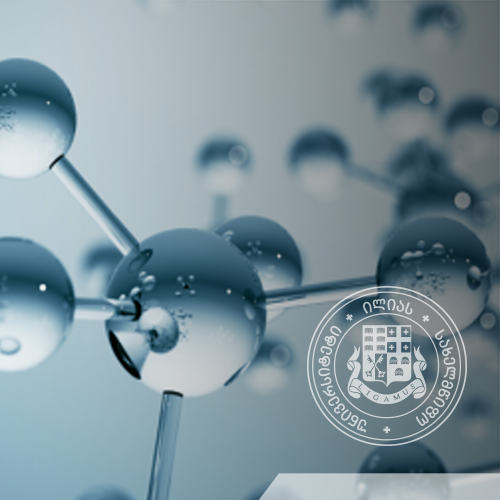
Myo-inositol and Posttraumatic Epilepsy
Epilepsy is one of the most devastating neurological diseases affecting about 1% of human population. Despite
quite high number of antiepileptic medications, one third of patients suffer from drug refractory seizures.
Development of new efficient antiepileptic medicine, that would cope not only with epilepsy symptoms, but also
with epileptogenesis (process that involves cascade of changes transforming the non-epileptic brain into one that
generates spontaneous recurrent seizures) is still of high demand. In our previous studies we have shown that
Myo-inositol (MI) is one of the active components of water extract of plant Aquilegia vulgaris (a plant used in
oriental folk medicine as anti-epileptic and soporific medicinal). MI exerts anti-convulsant properties on various
pharmacological models of epilepsy. Moreover we have shown that MI post- treatment after Kainic acid induced
status epilepticus has compensatory long-term influence on different biochemical, histological and behavioral
aspects of epiletogenesis and the frequency and duration of seizures are suppressed even after ceasing the
treatment. To bring this compound to the level of translational research, it is very important to focus on more
natural epilepsy model, which provides clear latent period after brain insult till revealing chronic epilepsy. The
most suitable model for this is the post-traumatic epilepsy (PTE), since traumatic brain injury (TBI) is considered
to be one of the most common causes of acquired epilepsy and the time point of TBI is a beginning of dynamic
processes that often lead to epilepsy development. In the proposed research we intend to use controlled cortical
impact (CCI) model of TBI and PTE in mice, and investigate behavioral, electrophysiological,
histological/morphological and molecular aspects of brain function following TBI with or without MI treatment.
Our previous studies provide strong support to believe, that the proposed research will provide further evidence
on antiepileptogenic properties of MI and this will be a strong basis for further translational research that could
lead to the development of new antiepiletogenic and antiepileptic medicine
Projects » View All
